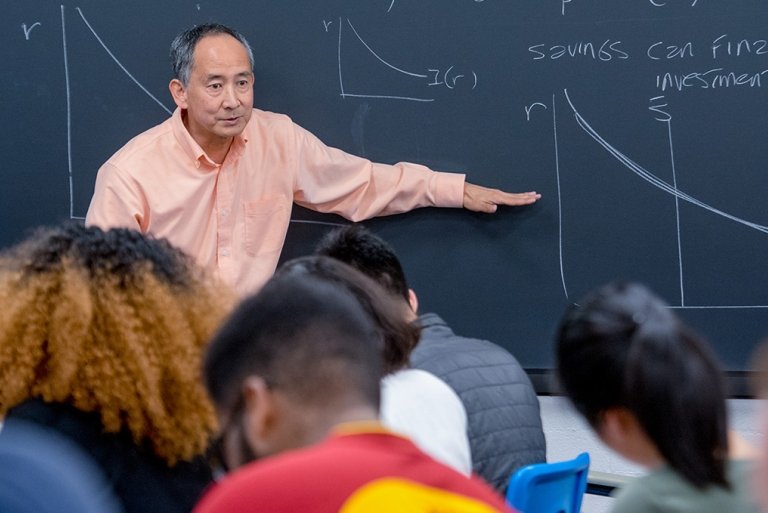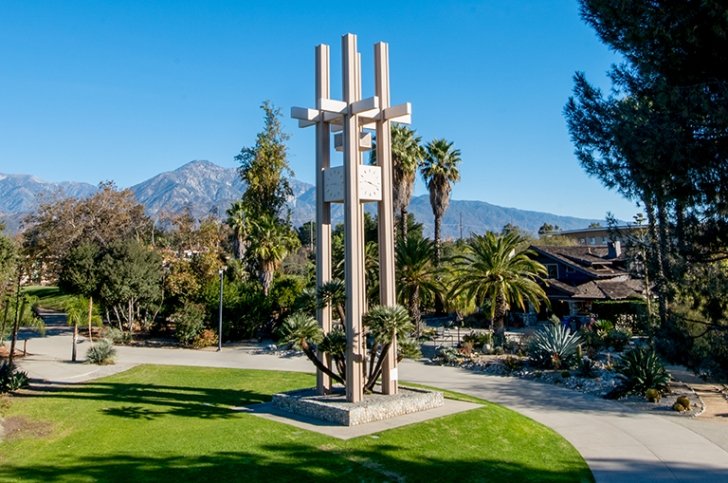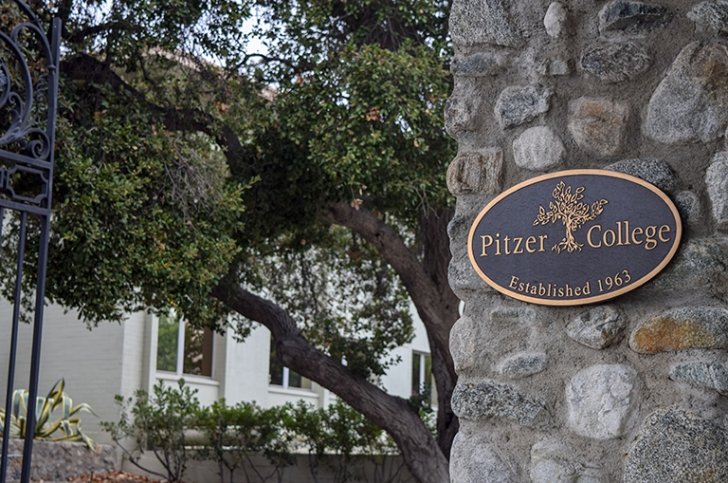APIDA Heritage Month Spotlight: Professor Linus Yamane
Meet Professor of Economics Linus Yamane, who has been teaching at Pitzer since 1988 and helped develop the Intercollegiate Department of Asian American Studies at The Claremont Colleges.

You were the founding chair of the Intercollegiate Department of Asian American Studies. Tell us about the origins of that department.
I arrived in 1988. The students were clamoring for Asian American studies. The model minority myth was prevalent, and the administration didn’t think we needed Asian American studies or that Asian American students needed help. Then a Pitzer student committed suicide in 1987, which drew the attention to the needs of Asian American students.
In 1990, a bunch of faculty members came together to develop a course in Asian American studies. I taught along with Joseph Parker (now Pitzer professor emeritus of Critical Global Studies) and Jack Ling (then Pitzer’s dean of students). That was the first course that we had had in over a decade. There were 50 students. I thought it was the worst class I had ever taught because I didn’t know what I was doing, but the teaching evaluations were positive. We were covering material that resonated with the students.
Then we hired other faculty during the early 1990s. Around 1997, we put together the proposal for the Intercollegiate Department of Asian American Studies. We needed support from three of the colleges. Pomona College and Pitzer College supported it. The battleground became Scripps. The Asian American Student Alliance held a teach-in in Balch Hall, and the place was packed. Later that semester, the presidents met and approved the intercollegiate department. I was the only faculty member with tenure at that point, so I became the first chair. 1998 was the first year that we were operating.
How do your culture, family background, and history influence your work?
My grandparents are all from Japan, but I had never gone to Japan. Growing up in New Jersey, I didn’t know who I was. There was not a large Japanese community. Am I American? Japanese? Who am I? Those questions were always in the back of my head.
In the spring of my senior year in college, I studied abroad in Japan. I learned more in my semester abroad than during any other semester in college. When you’re studying abroad, you learn so much about another culture, and then you think about things completely differently than how you were raised. It changed the course of my life.
Initially, I was doing research on economic development in Latin America and Brazil because I have a lot of family there. Then I did research on Asian American labor discrimination in the U.S. Lately, I’ve shifted to Japan. In macroeconomics, Japan is the leader in ways both good and bad. They are at the forefront of pushing the limits of monetary and fiscal policy. I’m grateful that my mother forced me to learn some Japanese when I was growing up, which made this work possible.
What does APIDA Heritage Month mean to you?
This year is challenging for Asian Americans because of the prevalent anti-Asian hate in the U.S. There’s this tendency to blame others for your own problems. You want to blame immigrants. Asian Americans are still perceived as foreigners. I was born and raised here, yet I don’t think I’m perceived as an American. You can get attacked or blamed for the pandemic. It becomes important to educate the public to make sure they are better informed.
About Pitzer College
Founded in 1963 as a member of The Claremont Colleges, Pitzer College is an academically rigorous, inclusive liberal arts institution committed to open inquiry, community engagement, and educational access for all students. Rooted in a commitment to social justice, environmental sustainability, and meaningful community engagement, Pitzer empowers students to think boldly, act with purpose, and contribute to a more thoughtful and compassionate world.
News Information
Published
Author
Bridgette Ramirez


